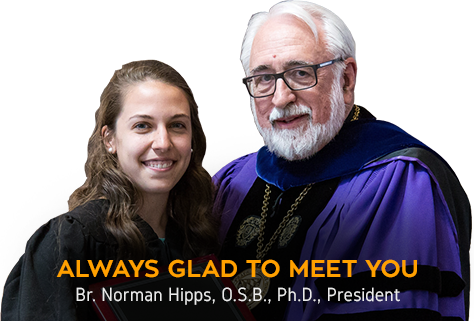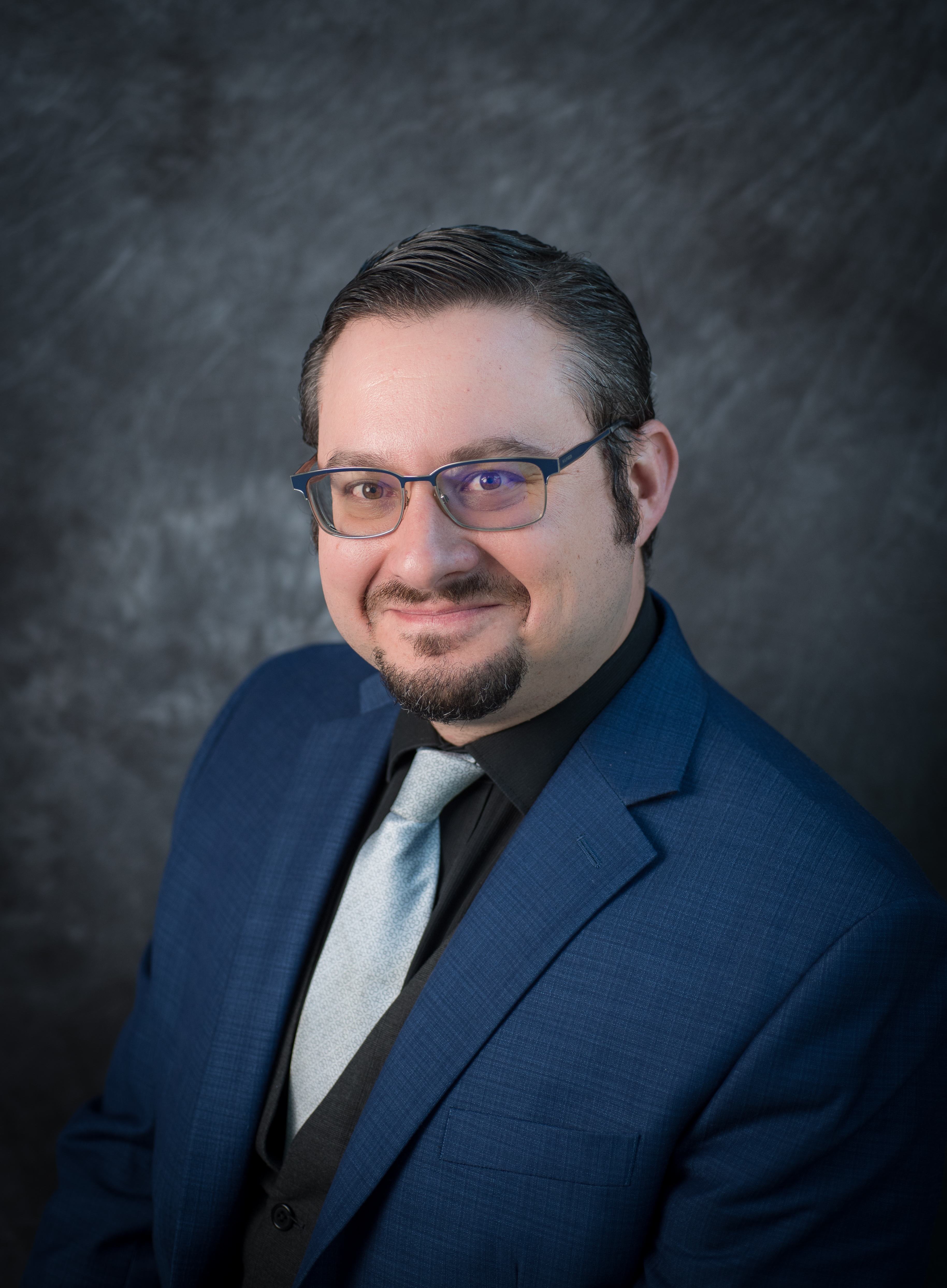Servant leadership is a popular term that many people hear discussed regularly in organizations. Yet, its meaning (and the expected types of behaviors in which a servant leader engages) has been simplified over time. I noticed this recently when re-reading Robert Greenleaf’s classic (2002; reprinted from 1977).
Servant leadership has often been discussed similarly to the term “transformational leadership” to suggest that a leader’s primary goal is to get would-be followers to see beyond their own personal ambitions to contribute to the betterment of a group, organization or institution. As such, one of a leader’s primary responsibilities is to remove obstacles for their followers so that they can accomplish goals. Often, servant leadership is differentiated from transformational leadership as having a more spiritual influence. Though often applied as a model for business organizations, Greenleaf is clear in his writing that servant leadership is for non-profits, schools/universities and church organizations in addition to for-profit businesses.

Obviously, with the above, it is easy to see why many readers of Greenleaf have ascribed Jesus Christ to be the best example of a servant leader. However, parallels to the life of Christ have a much deeper (and often overlooked) connection to servant leadership.
It is unarguable that the figure of Jesus has created change, not just by empowering followers, but also by operating from within the social groups and institutions that he sought to change. Though I am not trained as a theologian, the stories about Jesus that are most meaningful to me suggest that Christ was a member of his community who tried to lead change by influencing from within. For example, when he saw corruption among some religious leaders of his day, he did not denounce his religion or protest as an outsider – instead, he attempted to teach, instruct and influence those within the institution who needed to change the most.
Often, in today’s society, we see many people try to influence from the outside. For example, some people who decried unethical practices of business protested as part of the Occupy Wall Street movement throughout 2011 and 2012. While peaceful protests and reform-seeking initiatives from the outside have their places in society (perhaps such as in cases where opportunities to be influential within organizations or other social groups is biased or limited), the example that Jesus provides of trying to create change from within also has great relevance for today’s society.
Creating change from within is one often-overlooked component of Greenleaf’s servant leadership model. Greenleaf was an executive prior to writing on servant leadership and expressed in his writing why he went into business. As Greenleaf describes, he saw unethical business practices and wanted to go into a decision-making role in a business in order to improve the situation. With this statement, then, one can see that servant leadership goes beyond the idea of serving followers, employees or customers solely. Instead, servant leadership is also about serving the needs of society as Greenleaf himself sought to make businesses more ethical by making a change from within as a business manager.

A few notes on the above ideas:
- Business education, as I see it, is important. Institutions like Saint Vincent that stress ethical decision making in their curricula help train future business leaders to create positive change from within an organization.
- One might argue that there are still many unethical businesses (and other types of organizations) despite Greenleaf’s personal example of leading a business ethically, the prevalence of business people reading about servant leadership and formal educational programs that attempt to influence students to make ethical decisions when they reach decision-making roles. However, I would argue that change is slow and it is difficult for one decision maker (such as Greenleaf) to influence all leaders to become more ethical. In fact, for individual leaders trying to lead morally in a manner not focused solely on profits, they may feel like a lone wolf, like they’re going against the grain or like a fish trying to swim upriver. However, the more we talk about the appropriateness of attempting change from within, the importance of ethical decision making and the need for our institutions to serve others to the extent that we make these ideas part of our societal discourse, the more we can hopefully influence future leaders to make moral decisions. Just as Jesus sought to serve the least privileged in society, Greenleaf suggests that leaders and their respective organizations should seek to do the same.
- While I am not necessarily arguing against seeking to change institutions as an outsider, I am advocating considering being the change you want to see as an insider. If there is an organization, institution or group that in your view needs to be improved it might be equally effective (if not more effective) to join or remain a member of that organization and exert influence from within rather than as an outsider.
- There are, of course, circumstances in which an organization, institution or group limits access for an individual to become influential from within. This is perhaps when that person feels most compelled to engage in actions as an outsider to change the organization (or, alternatively, ignore the group by removing oneself from it completely). However, while acknowledging potential difficulties, Greenleaf and other leadership scholars also suggest that there are creative ways in which that person can try to improve the organization even as an insider by engaging in tactics to become more influential. Again, using the example of Jesus, though he operated inside his social and religious community, he also had no formal position of power, decision-making authority or formal title that were recognized by those who were considered powerful in the social groups and institutions of his day.
Does this change the way you think about servant leadership? Can you see the benefits of trying to be a change agent both from within and as an outsider of groups and organizations? Have you ever effectively led a change as an insider? I’m interested to hear your perspective. Email me at michael.urick@stvincent.edu or connect with me on social media (www.facebook.com/urickmj and www.linkedin.com/pub/michael-urick/a3/775/5b/).
Greenleaf, R. K. (2002). Servant leadership: A journey into the nature of legitimate power and greatness. 25th Anniversary Edition. Paulist Press.


 中国学生
中国学生 Estudiantes
Estudiantes




